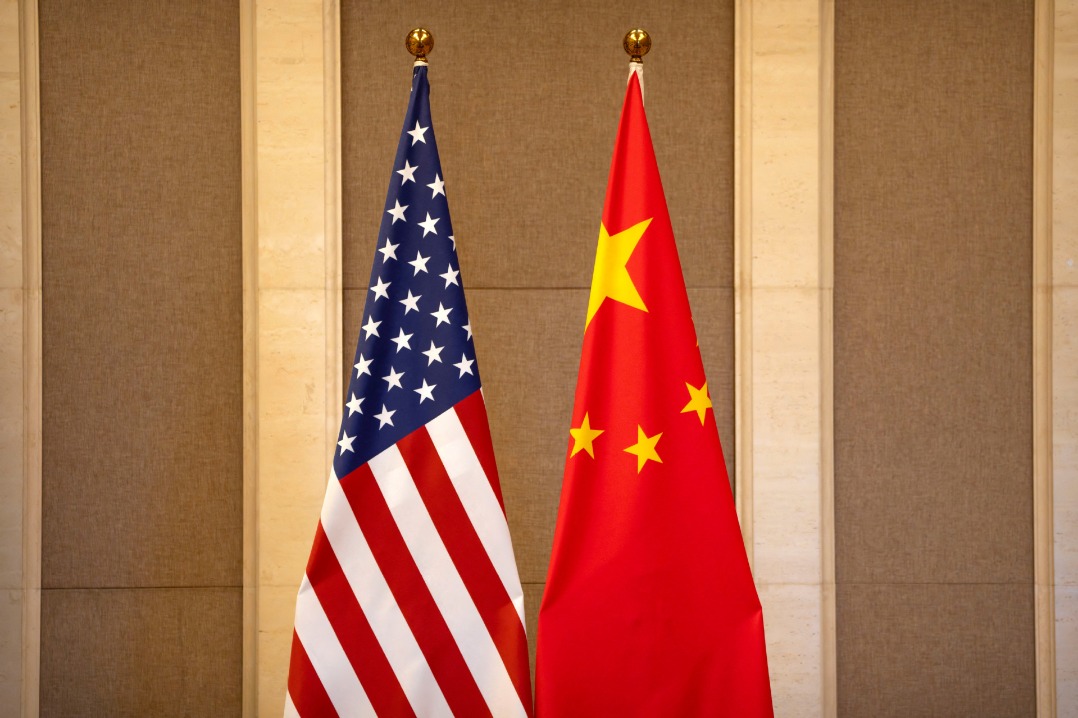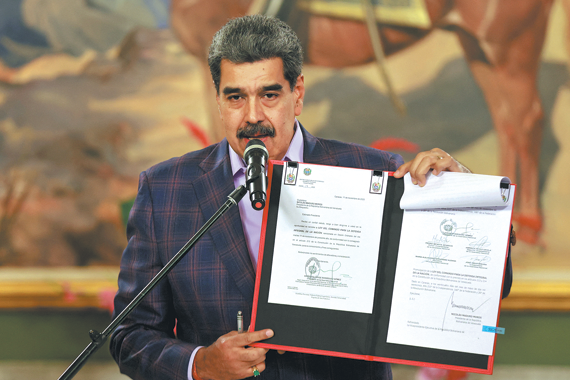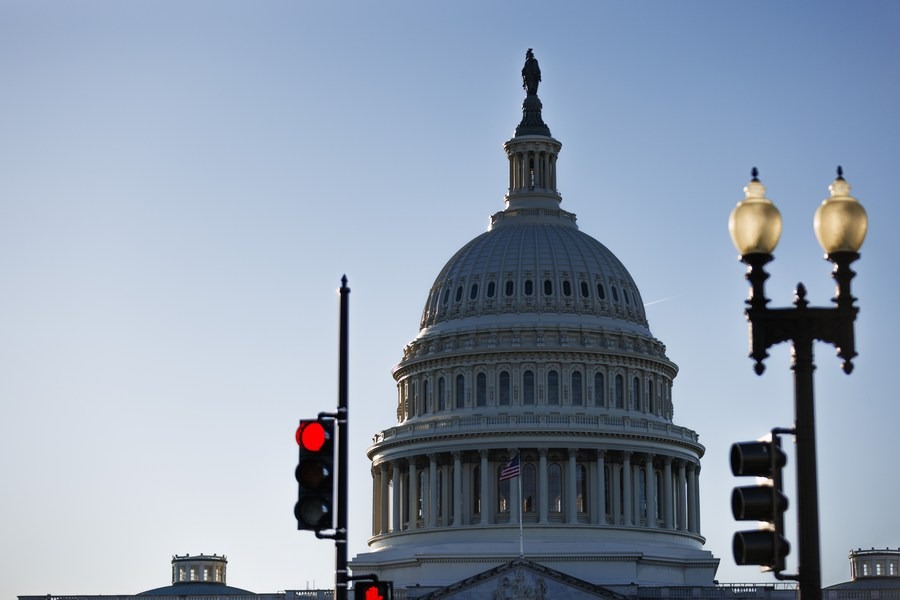Meeting in Busan signals stability and reliability

The meeting in Busan in the Republic of Korea between Chinese President Xi Jinping and US President Donald Trump was a positive step for the bilateral relationship.
The two-hour meeting signaled mutual interest in making practical policy adjustments to advance trade relations and to set a positive, future-oriented tone.
Xi advanced China's global standing as a champion of calm, reliable economic and financial leadership.
In terms of trade policy, the meeting reflected the interests of both sides in continuing engagement and making incremental progress.
Xi encouraged both sides to think big, emphasizing that the China-US relationship is important for world economic development.
The two leaders interpreted the meeting outcomes in positive terms.
The US side pointed to increases in bilateral trade certainties.
China described the meeting in moderate tones, pointing to consensus on enhancing cooperation and creating more people-to-people exchanges.
The meeting outcomes reflect the softening of Trump's trade actions taken earlier this year. Their total effect is to move the US policy stance closer to where matters stood when president Joe Biden left office.
It is estimated that the effective US tariff rate on imports from China has moved down from its peak of 145 percent (announced in April) to around 30 percent — roughly where it stood when Trump took office. And China made modest policy adjustments reflecting mutual interests in a positive outcome for the meeting.
Taken together, the meeting outcomes point to a more pragmatic direction for China-US engagement.
While the policy outcomes of the Busan meeting are positive, the effects of current US trade policy on global commodity markets and supply chains remain challenging. For US consumers, who ultimately pay higher tariffs on Chinese imports, the likely long-term impacts are higher prices and inflation.
For global markets, the recent wide swings in US tariff and trade policy send an unmistakable signal that the US has become a less stable and reliable economic partner.
US policy swings have been most visible in the China-US relationship but have also rocked other long-time US trading partners — even Switzerland, now laboring under new 39 percent tariff rates. Trump's choice of punitive tariff policy as a global trade tool has made global trade less predictable and riskier than at any time in the post-World War II period.
The Busan meeting may signal a US return to more balanced trade policy, reflecting global as well as bilateral interests. Both sides expressed the need for a return to a predictable global trade environment. In this respect, the meeting highlighted China's approach to advancing global economic development. President Xi framed the China-US bilateral relationship in global terms, reminding the Busan delegates that "we should … ensure the steady sailing forward of the giant ship of China-US relations". China's overall message was about the need to create and sustain stable conditions for global trade and development, which is likely to resonate with policymakers worldwide.
In Busan, China's long-term focus on stable growth and steady improvements in the bilateral relationship became even more visible.
China's recent progress with economic growth and corporate development overseas shows that the stable growth strategy is working well. This growth includes expansion in semiconductor materials by Chinese companies in European and Middle Eastern markets. China's BYD electric vehicle sales, for example, have more than tripled over the past year and now surpass Tesla's. Huawei's smartwatch sales have exceeded Apple's since the second quarter of this year, and Huawei's intelligent automotive product revenue grew more than fourfold from 2024. These achievements underscore the practical advantages of China's trade policy approach.
Global markets rely on the stable evolution of the China-US trade and development relationship. These markets are likely to see the Busan meeting as evidence that the two sides are interested in advancing the relationship on balanced and rational terms.
The author is the principal of the global consultancy Midgley & Co and an adjunct associate professor in the Security Studies Program at Georgetown University.
The views do not necessarily reflect those of China Daily.

































